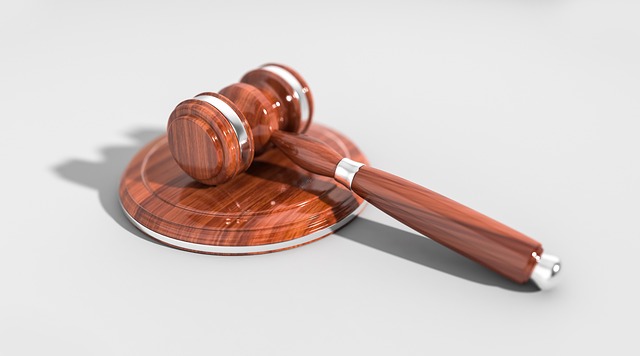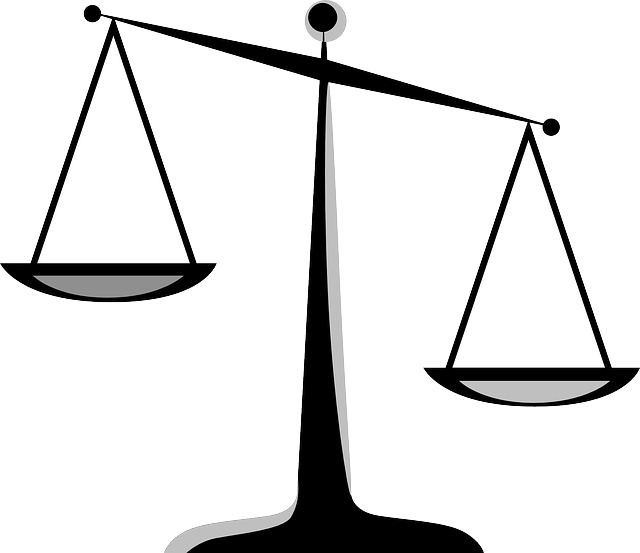Delayed diagnosis cases present legal complexities due to time-sensitive evidence preservation and causation establishment challenges. These issues, exacerbated by gaps between incidents and lawsuits, require collaboration between attorneys and medical experts. Key evidence includes medical records, laboratory results, and expert opinions. Effective representation gathers and presents these facts to secure justice, addressing not only physical harm but also the emotional distress caused by diagnosis delays, aiming for comprehensive compensation through settlements or personal injury claims.
Delayed diagnosis cases present unique challenges for both plaintiffs and legal professionals. These complex scenarios arise when healthcare providers fail to timely identify a condition, leading to significant patient harm. Legal complexities include navigating stringent statutes of limitations and proving medical negligence through expert testimony. The impact on victims is profound, encompassing physical pain and emotional distress. This article explores these intricacies, focusing on the role of evidence, expert testimonies, and the pursuit of justice through delayed diagnosis attorney representation.
- Legal Complexities Arising from Time Delays
- Impact of Evidence and Expert Testimonies in Delayed Diagnosis Cases
- Navigating Emotional Distress and Compensatory Measures
Legal Complexities Arising from Time Delays

In delayed diagnosis attorney cases, one of the primary complexities arises from the intricate legal landscape that involves time delays. Every minute counts in medical malpractice claims, as prompt action is crucial to preserving evidence and strengthening the case. When there are significant gaps between the incident and the filing of a lawsuit, establishing causation and proving medical negligence becomes significantly more challenging. This delay can result from various factors, such as patients discovering their diagnosis too late or medical records being inaccessible due to time-sensitive issues.
The legal complexities further deepen when considering other types of accidents, like slip and fall incidents or auto collisions, which may also contribute to the delay in seeking medical attention. In these cases, an auto accident lawyer or slip and fall attorney might need to collaborate with medical experts to unravel the chain of events leading up to the diagnosis. This collaboration is essential for presenting a comprehensive case, especially when dealing with medical negligence claims against healthcare providers.
Impact of Evidence and Expert Testimonies in Delayed Diagnosis Cases

In delayed diagnosis attorney cases, evidence plays a pivotal role in establishing liability and determining compensation. Medical records, laboratory results, and expert opinions are crucial components that can make or break a case. These pieces of evidence serve as the backbone of the argument, providing concrete details about the patient’s condition and the potential negligence involved. The impact of expert testimonies cannot be understated; they offer specialized insights into complex medical matters, helping juries or judges understand the standard of care expected from healthcare professionals.
Moreover, the presentation of clear and compelling evidence is essential to navigate the complexities of employment disputes or car accident injuries, which are common in delayed diagnosis cases. Employment contracts and their terms can come into play when a doctor-patient relationship is affected by workplace issues. Effective legal representation relies on meticulously gathering and presenting these facts to secure justice for clients facing such challenging circumstances.
Navigating Emotional Distress and Compensatory Measures

Navigating Emotional Distress and Compensatory Measures in Delayed Diagnosis Attorney Cases
When a delayed diagnosis is made, individuals often experience profound emotional distress due to the anxiety, worry, and uncertainty that accompanies their condition. This can significantly impact their quality of life, leading to increased stress levels, depression, and other mental health issues. A delayed diagnosis attorney understands the multifaceted nature of these cases, which involves not just the physical harm but also the psychological toll on the patient.
Compensatory measures in such cases go beyond mere financial reimbursement for medical expenses. They aim to provide relief from emotional distress by ensuring that victims receive adequate support for their mental health needs. A competent delayed diagnosis attorney will advocate for damages that cover therapy, counseling, and other forms of psychiatric care, recognizing the vital role these services play in helping clients recover and rebuild their lives. Additionally, they may pursue accident settlements or personal injury claims against negligent parties, including defective products manufacturers, to secure comprehensive compensation for the harm suffered.
Delayed diagnosis cases present unique challenges for both plaintiffs and their delayed diagnosis attorneys. The legal complexities arise from the time delays, which can impact the availability of evidence and expert testimonies. This, in turn, affects the strength of the case and the compensatory measures sought. Understanding these intricacies is crucial when navigating emotional distress claims, as it determines the outcome and justice for those affected by medical missteps. Engaging a specialized delayed diagnosis attorney is essential to decipher these complexities and advocate for fair compensation.






